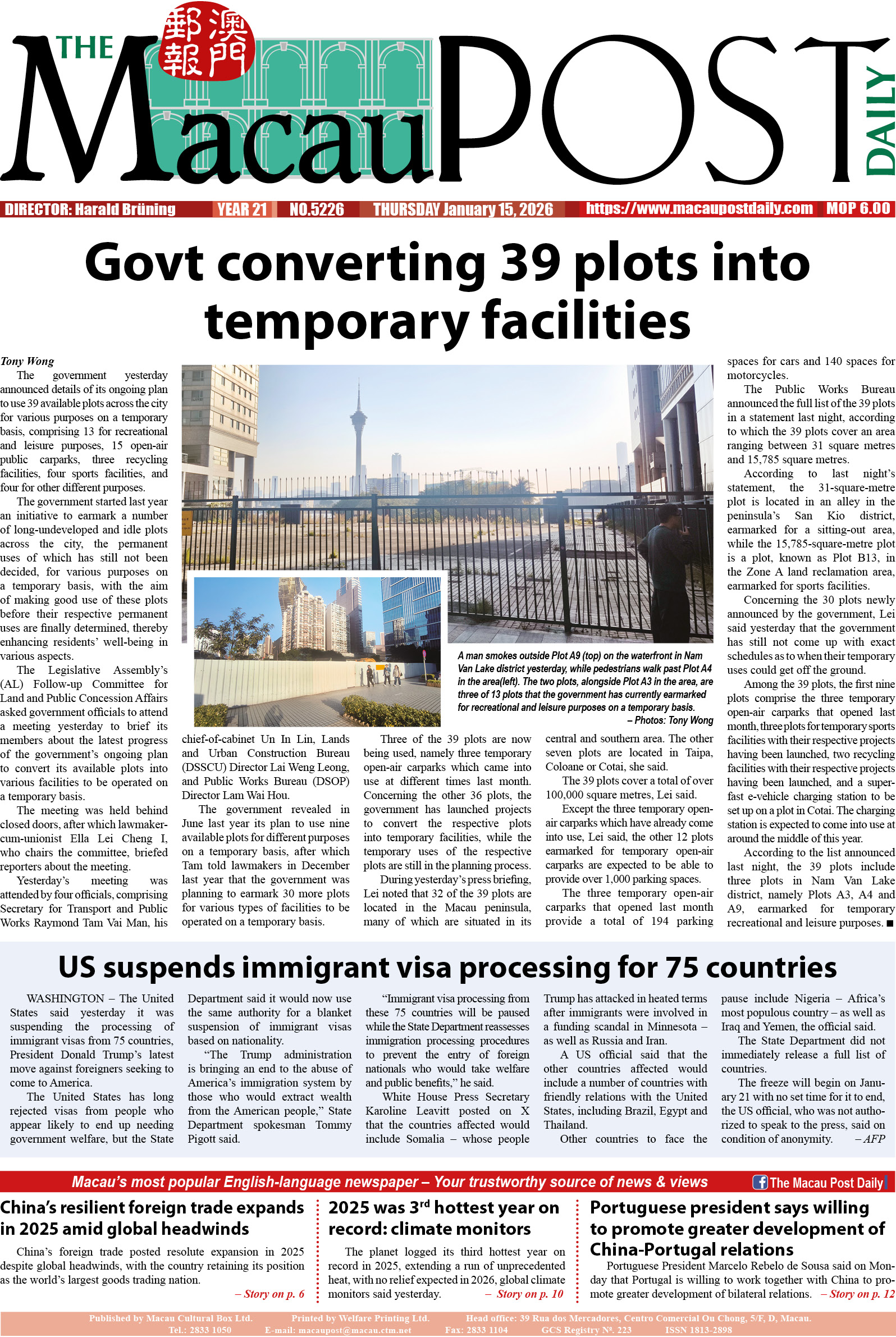China Daily Editorial
China has initiated dispute settlement proceedings against the United States at the World Trade Organization, contesting “discriminatory subsidies” under the US Inflation Reduction Act (IRA) that resulted in the exclusion of goods from China and other members of the WTO.
The wide-ranging law provides billions of US dollars in tax credits to help US consumers buy electric vehicles and US companies produce renewable energy, as US President Joe Biden aims to “decarbonize” the US power sector.
As the Chinese mission to the WTO said, “under the disguise of responding to climate change, reducing carbon emissions and protecting the environment, (these subsidies) are in fact contingent upon the purchase and use of goods from the US, or those imported from certain particular regions”.
That leaves China no choice but to launch the proceedings “to safeguard the legitimate interests of the Chinese electric vehicle industry and to maintain a fair and level playing field of competition for the global market”.
In response, US Trade Representative Katherine Tai, in a statement, accused China of using what she described as “unfair, nonmarket policies” to the advantage of Chinese manufacturers. Yet it is known to all that the competitiveness of Chinese EVs originates from the Chinese manufacturers’ core technology advantages and scale effect that come from their long-term inputs in the field.
Last year, China exported 4.91 million complete vehicles and became the world’s largest automobile exporter for the first time. China has exported almost no cars to the US, and the main purpose of the US in enacting this bill has been to prevent Chinese cars from entering the US market, a textbook protectionist practice that violates the WTO rules and principles of fair competition.
In the 1980s, the US government took many restrictive and protectionist measures to protect domestic auto companies in the face of the competition from Japanese-made automobiles. The oil crisis made the situation more unfavorable to US automakers, spurring the US to accuse Toyota of dumping cars into the US market and to pass legislation to limit the number of imported Japanese cars. In the 1990s, the US tried to pressure Japan to increase imports of US auto parts, and after being rejected, it imposed protective tariffs on Japanese cars.
What the US is trying to do now is a repetition of that history. By saying that the IRA was helping to contribute to a “clean energy future that we are collectively seeking with our allies and partners”, the US trade chief has made it crystal clear the US government feels no qualms about using its subsidies, which are the “unfair, nonmarket policies” she complained of, to offset the advantages Chinese EV makers have gained through innovation and fair competition.
The enacting of the IRA has seriously disturbed the global industry and supply chains by unleveling the playing field not only for the EV sector but also the advanced chip industry, and other sectors. Contrary to Tai’s claims, the US’ allies are not exempted from these discriminatory practices either if they have advantages, for instance, in the chip industry.
That’s why China is not the only party to express dissatisfaction with the IRA. The European Union, Japan, the Republic of Korea and other major economies, including India, have also expressed opposition to the IRA.
Although it will take a long time for the WTO to arrive at a conclusion on the appeal thanks to the US’ blocking of the functioning of its Appellate Body, China’s move, instead of taking tit-for-tat countermeasures, demonstrates its respect for the authority of the world trade body and its upholding of the governing system for reliable trade.
– Courtesy of China Daily





